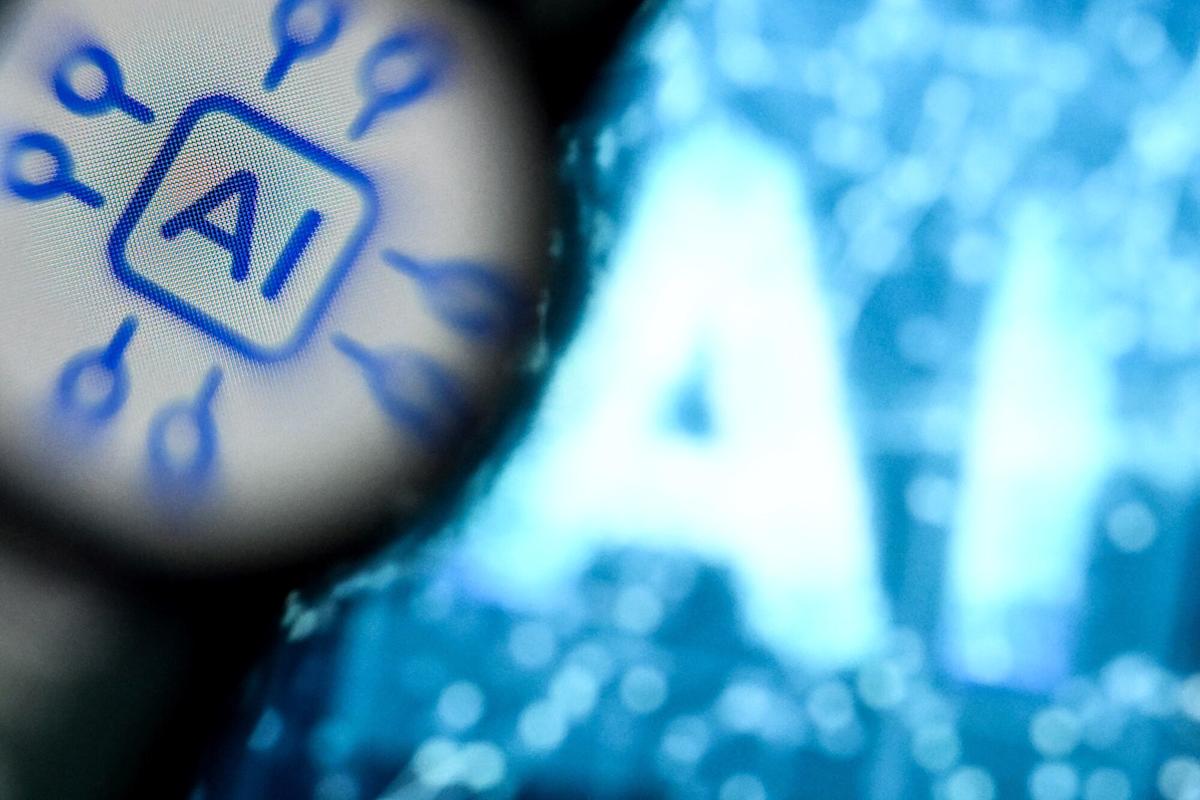An $800 Billion Revenue Shortfall Threatens AI Future, Bain Says
(Bloomberg) — Artificial intelligence companies like OpenAI have been quick to unveil plans for spending hundreds of billions of dollars on data centers, but they have been slower to show how they will pull in revenue to cover all those expenses. Now, the consulting firm Bain & Co. is estimating the shortfall could be far larger than previously understood.
By 2030, AI companies will need $2 trillion in combined annual revenue to fund the computing power needed to meet projected demand, Bain said in its annual Global Technology Report released Tuesday. Yet their revenue is likely to fall $800 billion short of that mark as efforts to monetize services like ChatGPT trail the spending requirements for data centers and related infrastructure, Bain predicted.
Most Read from Bloomberg
The report is set to raise further questions about the AI industry’s valuations and business model. The increasing popularity of services such as OpenAI’s ChatGPT and Google’s Gemini, as well as AI efforts by companies across the planet, means demand for computing capacity and energy is rising at a rapid clip. But the savings provided by AI and companies’ ability to generate additional revenue from AI is lagging behind that pace.
“If the current scaling laws hold, AI will increasingly strain supply chains globally,” said David Crawford, chairman of Bain’s global technology practice.
OpenAI is losing billions of dollars a year and prioritizing growth over profit, but it does expect to be cash-flow positive by 2029, Bloomberg has reported. Bain didn’t go into the likely implications for AI companies if they continue to fall short of profitability into 2030.
The biggest tech firms including Microsoft Corp., Amazon.com Inc. and Meta Platforms Inc. will ramp up their combined annual spending on AI to more than $500 billion by early next decade, according to Bloomberg Intelligence. The release of new models from OpenAI and China’s DeepSeek, among other companies, is spurring demand for AI services and driving the entire industry to boost investment.
Global incremental AI computing requirements could soar to 200 gigawatts by 2030, with the US accounting for half that, Bain said. While breakthroughs in technology and algorithms could ease the burden, supply chain constraints or insufficient power supply could thwart the progress, Bain said.



Leave a Comment
Your email address will not be published. Required fields are marked *